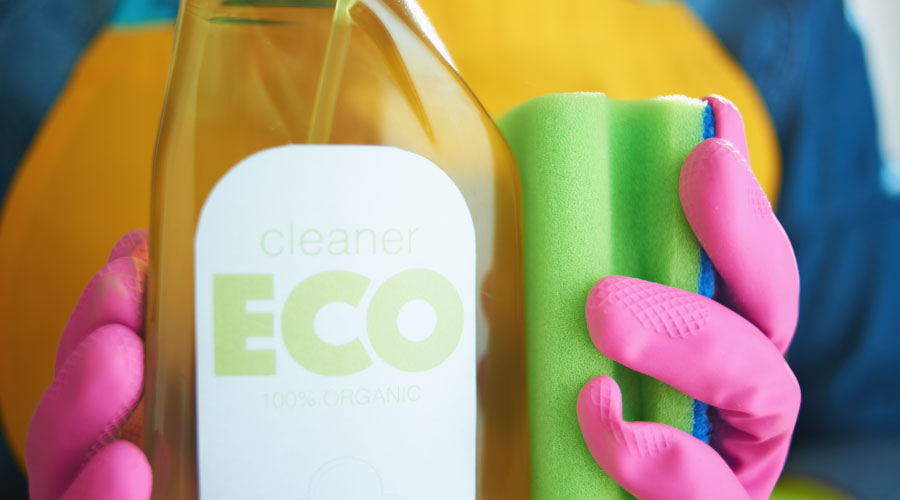NIOSH Recommends Ways to Prevent MRSA Risks at Work
The National Institute for Occupational Safety and Health (NIOSH) has launched a web resource to help employers and workers address workplace concerns associated with Methicillin-resistant Staphylococcus aureus (MRSA)
The National Institute for Occupational Safety and Health (NIOSH) has launched a web resource to help employers and workers address workplace concerns associated with Methicillin-resistant Staphylococcus aureus (MRSA).
The new topic page discusses ways people can spread the MRSA bacteria at work and recommends practical health steps to prevent transmissions from occurring. These steps include:
Providing and using adequate facilities and supplies to promote hand-washing and other proper hygiene practices. Appropriate cleaning of equipment and surfaces in the event of contamination. Recommended precautions for individuals to follow if they have a MRSA infection or an infected wound, such as: cover and take care of a wound as directed by a health care provider; clean your hands; avoid sharing personal items; and ask your health care provider before returning to work. MRSA is transmitted most frequently by skin-to-skin contact or contact with shared items or surfaces that have come into contact with someone else’s infection.
Staphylococcus aureus, usually known as staph, is a bacteria commonly carried on the skin or in the nose of healthy people. Staph sometimes can cause skin infections, which may be minor and can be treated without antibiotics, but in other cases infections may be more serious, such as surgical-wound infections, bloodstream infections, and pneumonia. MRSA bacteria are a type of staph bacteria that is resistant to the antibiotic methicillin and may be resistant to other antibiotics as well.
The web page is designed as an easy-to-read set of frequently-asked-questions (FAQs) and answers. The questions and answers address the aspects of MRSA that employers and workers are likely interested in. The page also provides general information about MRSA and links to additional resources.
Related Topics:











